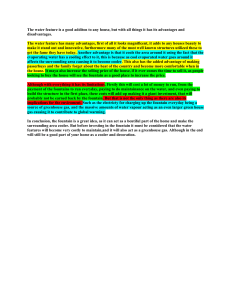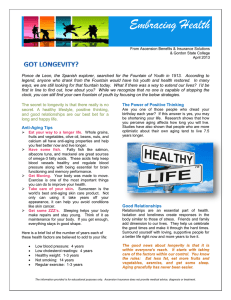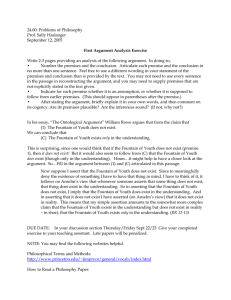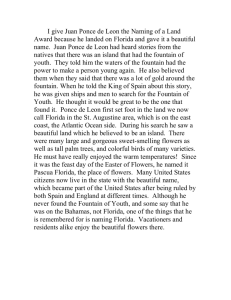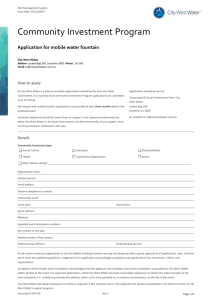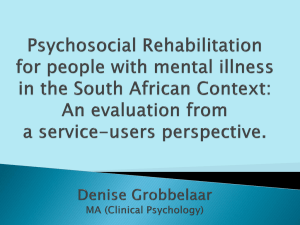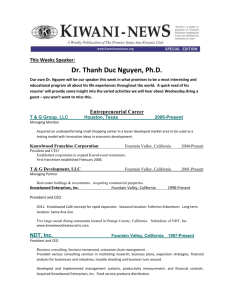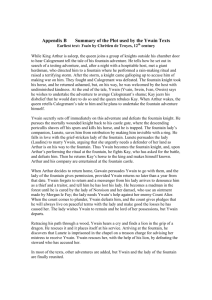A-11 - Partners for Wellness
advertisement
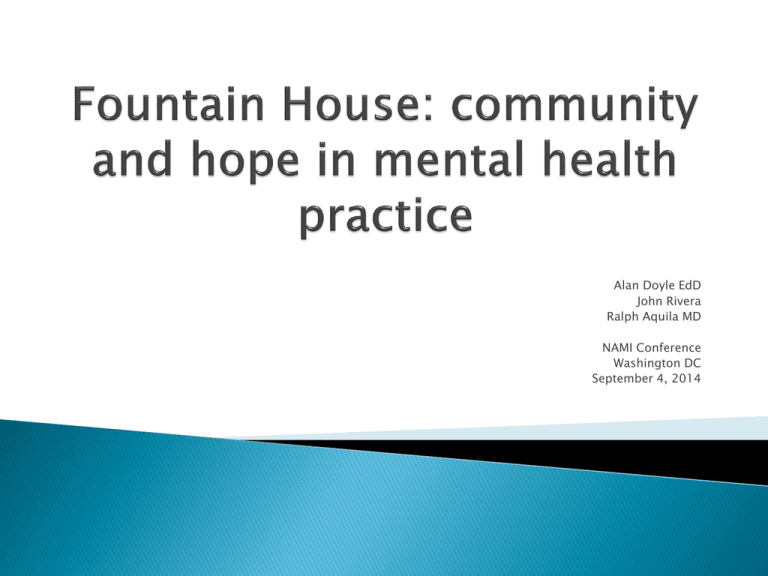
Alan Doyle EdD John Rivera Ralph Aquila MD NAMI Conference Washington DC September 4, 2014 Son: ◦ ◦ ◦ ◦ ◦ ◦ car accident-ran into tree withdraws from college cannot hold jobs drops out of technical programs works for family enters drug rehab Family: ◦ embarrassed ◦ cannot stay at home anymore ◦ lacks resources HELP? HOPE? place • • • idea hope for families and friends • recovery • social integration • personal meaning vision: • world wide replications (300s+) model: • working community • evidence-based practice Condition • denial of illness • no motivation • loss of relationships Do I make a difference in life? Programs • sense of being without anyone who can help Stigma • considered dangerous Drag on national economy Purpose give meaning Roles and Responsibilities (structured relationships) enactive experience modeling social persuasion Planning shared leadership/empowerment Learning feedback/thank you intentionally developed need to be needed choice collaborative roles( side-by-side) integrated treatment: employment schooling psychiatric social general health The Clubhouse and Psychiatry Twenty two years of partnership Ralph Aquila M.D. John Rivera Alan Doyle Ph.D Historically, treatment for mental illness focuses on elimination of positive symptoms (i.e. hallucinations, delusions, disordered speech, etc) and side effects Little attention was paid to medical co-morbidity Prevents focus on rehabilitation, life goals; encourages noncompliance Disparity between severity of patient’s illness and physician’s level of training What is the Rehabilitation Alliance? Network of relationships between patient, psychiatrist, and a third person: family member, friend, clinician, staff worker, etc. Alliance focuses on strengths and life goals, with all participants acting as co-equals Third member can provide information about patient’s performance in other areas of his/her life Goal becomes not only elimination of symptoms but also reintroduction into society The Alliance in Practice Rehabilitation Alliance was implemented in 1992 through partnership between Fountain House and St. Luke’s-Roosevelt Hospital Center Psychiatric and Primary Care services provided at the Sidney R. Baer Jr. Center near to Fountain House Convenient, non-institutional setting makes the Storefront accessible to Fountain House members, providing anonymity and protecting users from stigma Primary Care 2000, Primary Care Physician joins clinic Working side by side, Psychiatrist, PC, and Fountain House Staff Time, key factor in helping members get the services they need Prevalence is 3 to 4 times the general population Access is much worse Insight limits access “Fountain House has been on the leading edge of offering integrated care to New Yorkers with complex needs for more than a decade. With this new expansion of the Sidney Baer Center, Fountain House members will have increased access to critical, high-quality care that addresses the full spectrum of their needs.” Nirav Shah, New York State Health Commissioner.
